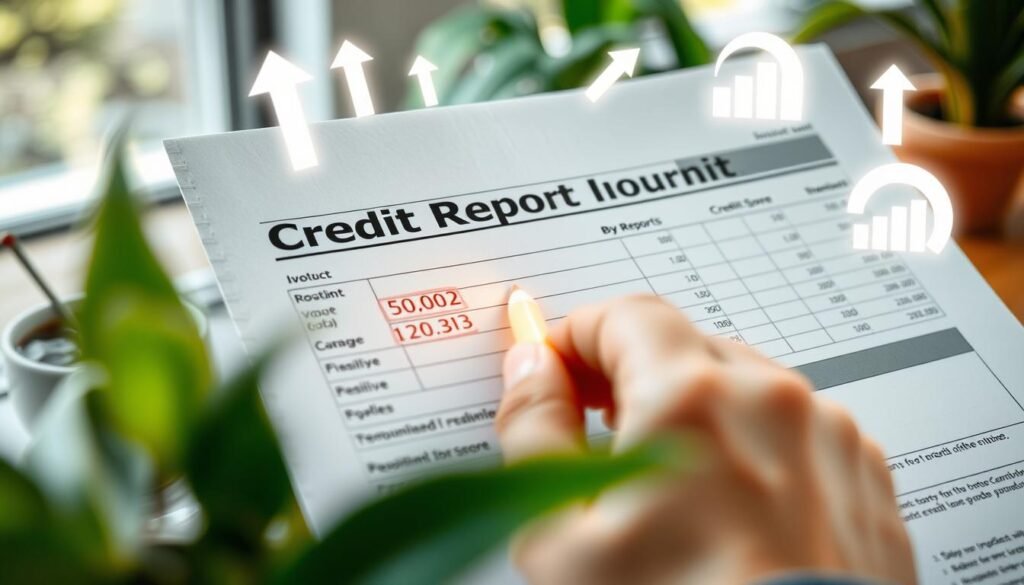This post may contain affiliate links, which means I may earn a commission if you purchase through these links at no extra cost to you
I remember feeling stuck trying to decide if I should focus on repairing my credit or building it from the ground up. With so many people—myself included at one point—carrying monthly credit card debt, it’s easy to feel overwhelmed. I learned that credit repair is about fixing errors on your credit report, like incorrect accounts or missed payments that weren’t actually mine. That alone gave my score a quick lift.
But building credit is different. It’s what I focused on once the errors were resolved. I used a secured credit card to start, which meant I had to put down a deposit. It wasn’t fast, but over time, it helped raise my score and opened the door to better loan terms and higher credit limits. Understanding the difference between repairing and building credit really helped me choose the right strategy for my financial future.
Table of Contents
ToggleUnderstanding Credit Repair
Credit repair helps fix mistakes on your credit report. It’s key for people needing bad credit solutions. It can raise credit scores by removing wrong info. Know your rights under the Fair Credit Reporting Act (FCRA) to protect your financial health.

What is Credit Repair?
Credit repair means fixing errors in your credit reports. This includes wrong accounts, late payments, or old addresses. Correcting your credit report can lead to a better credit profile. Since 44% of people find errors on their reports, fixing these is helpful and needed.
Process of Credit Repair
The process starts with getting your credit reports from the major bureaus. You can get them for free every 12 months. Look over your reports for any mistakes. If you find errors, challenge them with the bureaus and provide evidence.
Credit bureaus have 30 days to investigate and correct errors after disputes are received. Using credit monitoring tools also helps keep your credit profile correct and healthy.
Benefits and Limitations of Credit Repair
| Benefits | Limitations |
|---|---|
| Potential for improved credit scores | Outcomes are not guaranteed |
| Better loan conditions | Requires time and diligence |
| Protection under the FCRA | Can involve extensive work |
| Expert analysis from legitimate companies | Varied fees ranging from initial setup to monthly services |
Credit repair has many benefits like better credit scores and loan terms. However, success is not sure. It depends on correct disputes and credit bureaus’ cooperation.
The Essentials of Credit Building
Boosting your credit score is key to better financial chances. This includes getting loans and good interest rates. To build credit, you must start and keep a good credit history through smart actions. Let’s dive into what you should know.

What is Credit Building?
Credit building means working on a strong credit history. This matters for the 64 million in the U.S. who have little or no credit history. By borrowing wisely and using secured credit cards often, you can create a solid credit profile.
Strategies for Credit Building
There are several ways to grow a strong credit history:
- Secured Credit Cards: Use secured credit cards, with deposits as your limit. It’s a smart start.
- Timely Bill Payments: Pay on time always. This makes up 35% of your credit scores.
- Low Credit Utilization: Keep card balances low, under 30% of limits, to boost your score.
- Credit Counseling Services: Non-profit groups like CCCS help with debt and budgeting. This supports your credit-building.
Benefits and Limitations of Credit Building
Credit building has many upsides but also downsides to think about:
- Benefits:
- Higher Credit Limits and Easier Loan Approvals
- Enhanced Job Chances and Reduced Insurance Costs
- Better Financial Health through Wise Borrowing
- It’s a Slow Process: It can take a long time to see big changes.
- Money Issues: Some might struggle to get secured cards or keep up payments.
Knowing when and how to build credit is key. With credit counseling and the right use of secured cards, you can improve financially.
| Credit-Building Strategy | Effectiveness | Challenges |
|---|---|---|
| Secured Credit Cards | High | Needs an initial deposit |
| Timely Bill Payments | Very High | Demands constant discipline |
| Credit Counseling Services | Moderate | May come with fees |
Credit Building vs Credit Repair
It’s vital to understand the difference between credit building and credit repair. Each method focuses on unique aspects of your financial life. By understanding these differences, you can make better financial choices.
Key Differences Between the Two
The main goal of credit building and credit repair varies. Credit repair aims to fix mistakes on your credit report. This could involve disputing wrong charges. Laws such as the Fair Credit Reporting Act (FCRA) support this process by allowing inaccuracies to be corrected.
In contrast, credit building is about creating a positive credit history. This is especially beneficial for those new to credit. Timely payments and responsible credit use are key to boosting your credit score.
When to Choose Credit Repair
If there are errors on your credit report, consider credit repair. Mistakes can be due to errors, fraud, or outdated info. It’s wise to use a service that respects CROA laws.
Repair services typically charge $50 to $150 monthly. The process usually takes 3 to 6 months. It’s important to select a company that is clear about their process and costs. They should offer a refund if no improvements are made in the agreed time.

When to Opt for Credit Building
Credit building requires a long-term effort to strengthen your financial standing. It involves managing debts well, paying on time, and using credit wisely. This is crucial if you are starting or have little credit history.
Knowing how to manage your credit is critical. Learning about credit utilization, keeping balances low, and avoiding costly debt helps improve your score over time.
| Aspect | Credit Repair | Credit Building |
|---|---|---|
| Objective | Remove inaccuracies | Generate positive credit activities |
| Focus | Corrective | Constructive |
| Duration | 3-6 months | Ongoing |
| Cost | $50-$150/month | Varies by methods and tools |
| Suitable For | Individuals with credit report inaccuracies | Individuals with no or limited credit history |
| Legal Framework | FCRA, CROA | N/A |
Choosing the Right Approach for Your Credit Needs
Choosing between credit repair and credit building depends on understanding your credit, your financial goals, and how quickly you want results. It’s important to take a good look at these areas. This will help you make a wise choice.
Assessing Your Current Credit Situation
First, get your credit report from Equifax, TransUnion, and Experian. Check for errors or negative things that might hurt your credit score. If you find mistakes, fixing them through credit repair might be needed. Credit counseling can offer deep insight into your finances. They provide tips on budgeting, managing debts, and improving your credit score.
Setting Specific Goals and Needs
What you want to achieve financially will guide your decision. If buying a house or car soon is your goal, you might need to fix your credit. But if you’re looking at long-term health, building credit is key. This includes paying debts and using credit wisely.
Evaluating the Timeframe for Desired Results
The speed at which you want to improve your credit is crucial. Fixing errors can quickly boost your score. Building credit, though, takes time and consistent effort. Credit counseling can help set realistic goals. It can also teach you how to gradually better your credit score.
Final Thoughts
The decision between fixing your credit and building it up depends on what you need and your big financial plans. Fixing your credit can quickly solve inaccuracies and boost your score. Yet, building credit secures lasting benefits by using credit wisely.
Learning about financial literacy is key to making smart choices about credit repair and construction. Knowing how each affects your money helps you plan a full strategy for a sound credit future. For advice that fits you, don’t hesitate to reach out to experts.
To wrap it up, mixing credit repair with building and asking for professional help when needed is wise. It helps you work on your credit rating and secure your financial future. Finding the best mix of credit repair and credit building sets a strong base for lasting credit health.



